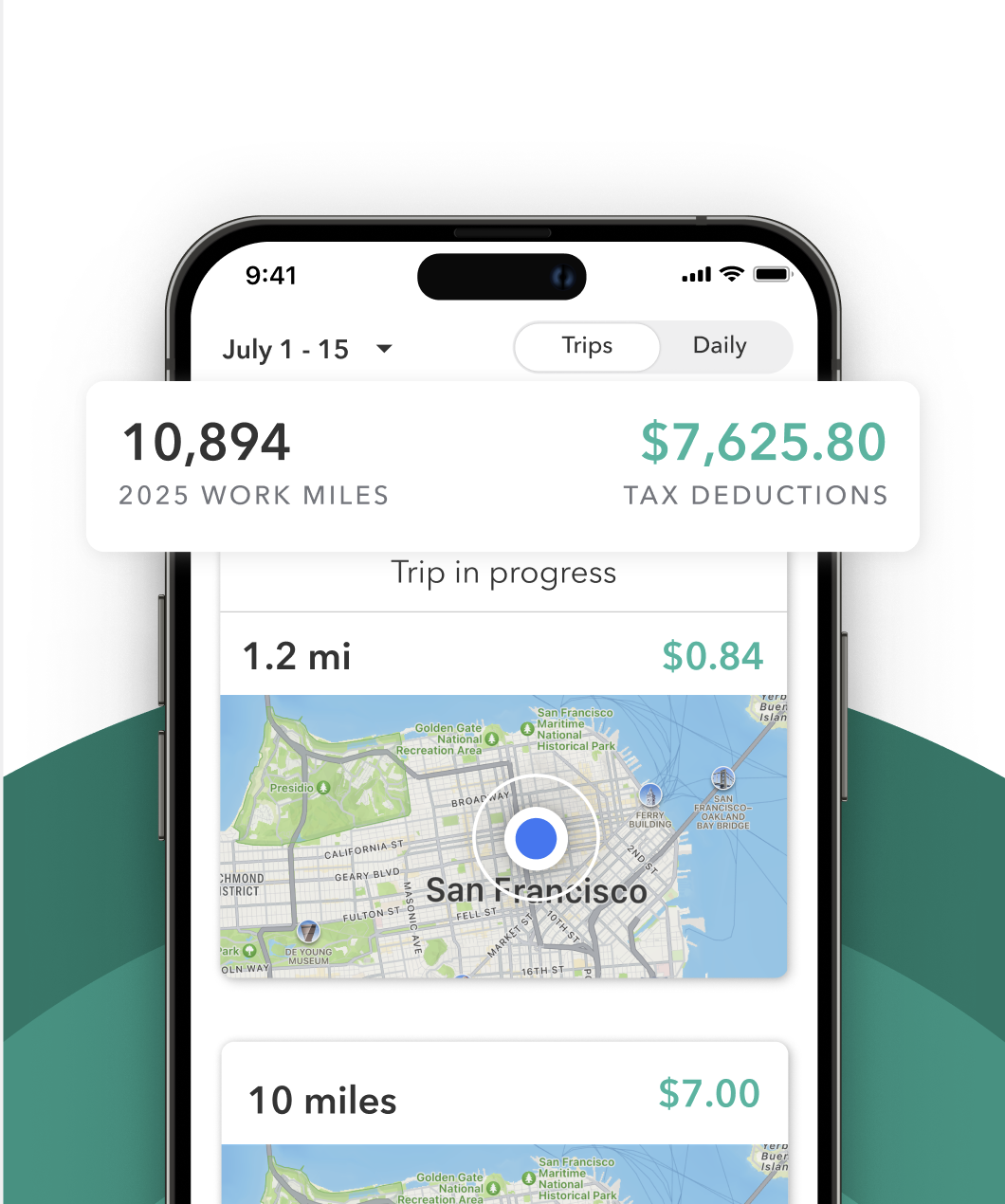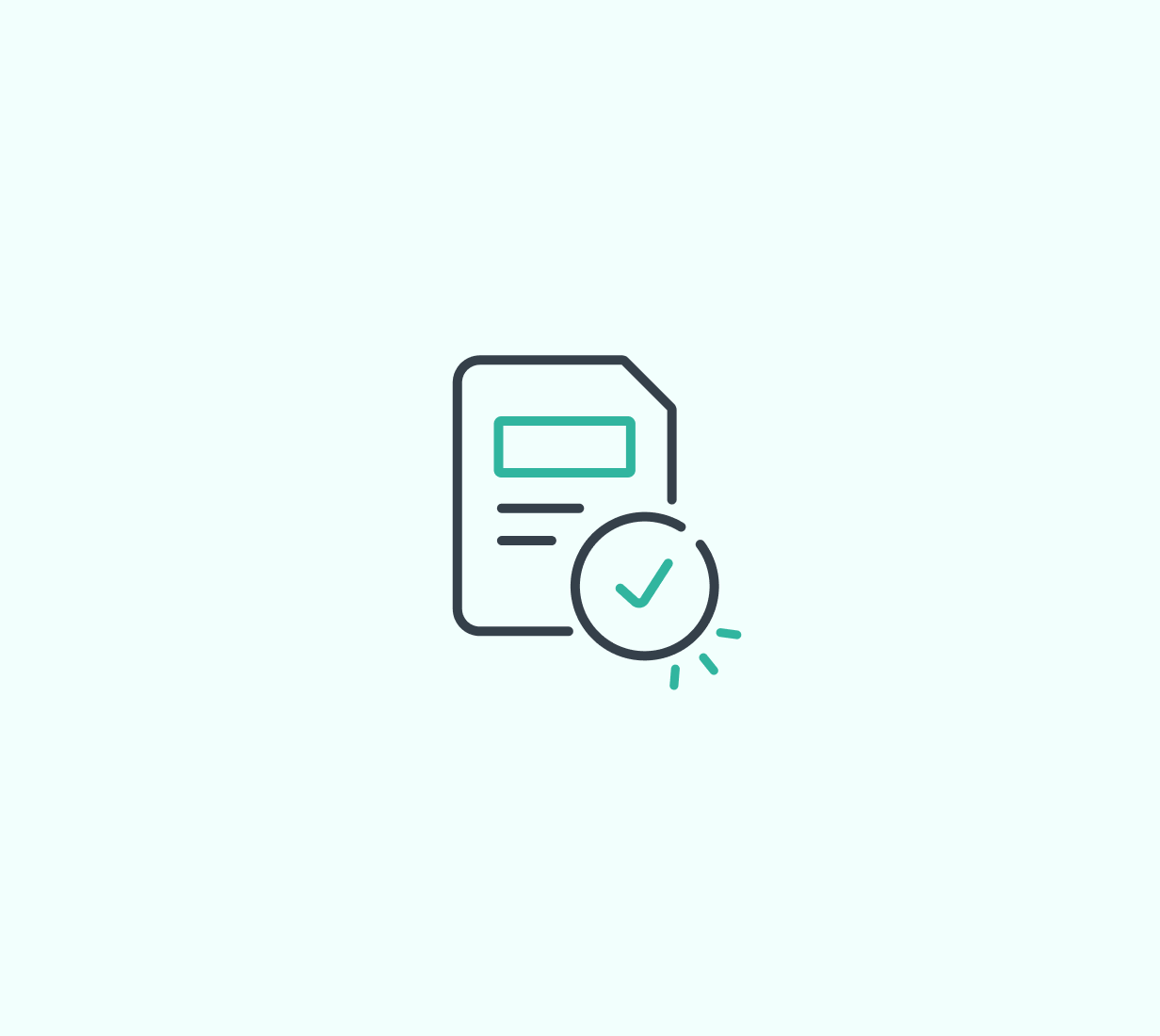As a Lyft driver, you are self-employed. That means you have the power to claim business deductions that reduce your taxable income and keep more of what you earn. But to take advantage of these savings, you need to know exactly what expenses count and how to track them.
Here’s a straightforward guide to the most important tax deductions every Lyft driver should know about, with tips on how you can stay organized and compliant.
Mileage and Vehicle Expenses
This is the biggest deduction for most Lyft drivers. Every business mile you drive can be turned into a significant tax write-off. The IRS offers two methods for claiming this deduction.
IRS Mileage Rate
The Standard IRS Mileage Rate is the simplest approach. You track all your business miles for the year and multiply that number by the IRS rate.
This rate is designed to cover all the costs of operating your vehicle, including gas, maintenance, insurance, and depreciation. It is often the best choice for drivers who rack up a lot of miles and want an easy calculation.
Actual Expenses Method
The Actual Expenses Method involves tracking every cost of using your car for Lyft. This includes gas, oil changes, repairs, insurance, registration fees, lease payments, and depreciation. At tax time, you calculate what percentage of your total miles were for Lyft driving and deduct that portion of your total vehicle expenses.
This method can give you a bigger deduction if you have a newer car or high vehicle costs, but it requires saving receipts and careful record-keeping.
No matter which method you choose, accurate mileage tracking is essential. Everlance makes this easy by automatically recording every trip you take, so you never miss a mile.
Tolls and Parking Fees
When you pay for tolls or parking while driving for Lyft, those costs are deductible. If you’re picking up or dropping off at the airport, paying to park near a busy downtown pickup spot, or paying tolls on the route, you can claim those expenses.
What you can’t deduct are parking tickets or fines. Only costs directly tied to your rideshare work count. By recording these as you go, you ensure you don’t leave any money on the table at tax time.
Lyft Fees and Commissions
One of the most overlooked deductions for drivers is the money Lyft itself takes in fees and commissions. Your Lyft 1099 shows your gross earnings, which includes the full fare before Lyft’s cut.
Since you only actually receive the net amount after Lyft’s fees, you need to deduct those fees to avoid overpaying taxes. This can add up to thousands of dollars in deductible expenses over a year.
Phone and Data Plan
Your smartphone is one of your most important business tools as a Lyft driver. You use it for navigation, accepting rides, communicating with passengers, and managing your schedule. Because of this, part of your phone costs are tax-deductible. You can claim the business-use percentage of your monthly phone bill, data plan, and even the cost of the phone itself if you bought it for work.
For example, if you use your phone 70 percent of the time for Lyft, you can typically deduct 70 percent of these expenses. Don’t forget to include any mounts, chargers, or other accessories you use to keep your phone handy and your passengers happy.
Passenger Supplies
Keeping riders comfortable can mean better tips and reviews. The good news is that many of the little extras you provide are also deductible.
If you stock up on water bottles, mints, snacks, or spare phone chargers for passengers, those costs can be written off as business expenses. They’re small investments that improve the rider experience and help lower your taxable income at the same time.
Car Washes and Detailing
Your car is your workspace and the first thing riders notice when they get in. Maintaining a clean, professional appearance is part of the job.
That means car washes and interior detailing costs you pay to keep your vehicle presentable for passengers are deductible business expenses. It is not only good customer service but also a way to reduce your tax bill.
Rideshare Insurance
Many drivers carry special rideshare insurance or endorsements to ensure they’re covered while working. If you pay extra for this type of coverage beyond your regular personal policy, those premiums are a business expense you can deduct.
This ensures you’re protected while also lowering your taxable income. Always keep your policy records and payment confirmations for your tax files.
Software and Subscriptions
Running your rideshare business often means paying for helpful tools. This might include a subscription to Everlance for your Lyft mileage and expense tracking, a navigation app, or even Spotify Premium to keep your passengers entertained.
If you use these tools for both personal and business reasons, you can deduct the portion used for Lyft driving. For example, if you use Spotify half the time for riders, you can claim 50 percent of the cost. Everlance helps drivers easily categorize and track these expenses so they’re ready to deduct at tax time. This is typically 100% tax deductible, but there are some cases where people use Everlance for personal use.
Staying on top of all these deductions can feel like a lot. Many drivers miss out on deductions simply because they forget to track them or don’t know what qualifies. Everlance automatically tracks your trips in the background, keeping an IRS-ready mileage & expense log with zero effort.
Driving for Lyft offers flexibility and a great way to earn income on your schedule. But it also means taking charge of your own taxes. By understanding these key deductions and using the right tools to track them, you can significantly lower your tax bill and keep more of what you earn.











